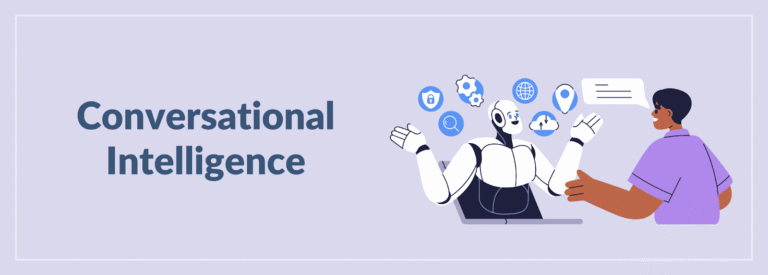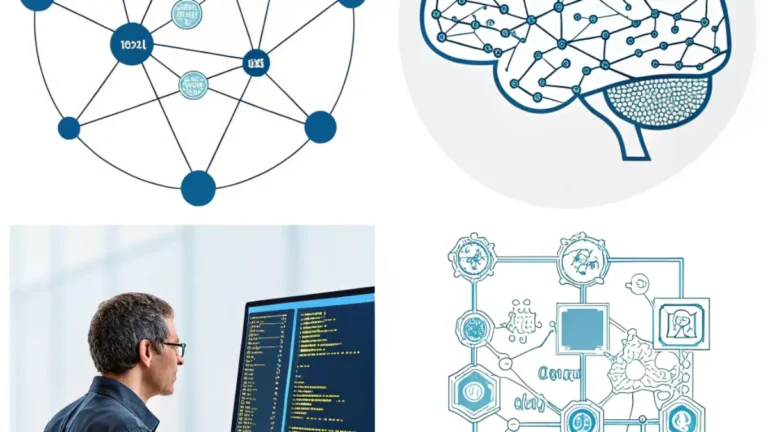
Businessman marking items in digital checklist. Quality assurance and document control with icons, representing quality assurance and document control processes, auditing and compliance.
The Understanding the FBI Watch List article explains how U.S. authorities maintain a centralized list of individuals reasonably suspected of terrorist-related activity or threats. It details the nomination, screening, and correction processes.
In this updated edition of Understanding the FBI Watch List, we explore the origins, structure, and practical uses of the FBI’s consolidated screening database. This includes the role of the Threat Screening Center (formerly known as the Terrorist Screening Center), how nominations are reviewed, and how errors or disputes are handled. By clarifying how the FBI integrates this database with law enforcement, aviation, immigration, and compliance systems, this article sheds light on the real-world impact and limitations of the watchlist.
Introduction
In today’s complex security landscape, Understanding the FBI Watch List is crucial for anyone concerned about privacy, travel, or national safety. The FBI’s Threat Screening Center (TSC) manages this extensive database, identifying individuals suspected of terrorism, organized crime, or threats to U.S. interests. Since its creation after 9/11, the watchlist has grown into one of the most powerful global security tools, helping authorities coordinate investigations, prevent attacks, and monitor suspicious activity. However, it also raises serious debates over civil liberties, data accuracy, and oversight. This guide breaks down how the watchlist functions, how names are added or removed, and what recourse individuals have if they are mistakenly flagged.
FBI Watch List vs. Other U.S. Security Databases
| Feature / Database | FBI Watch List (TSDB) | No Fly List (TSA) | OFAC Sanctions List (Treasury) |
|---|---|---|---|
| Purpose | Identify and monitor potential terrorist threats | Restrict air travel of flagged individuals | Enforce financial and trade sanctions |
| Managing Agency | FBI – Threat Screening Center (TSC) | Transportation Security Administration (TSA) | U.S. Department of the Treasury |
| Who Is Included | Suspected or investigated individuals | High-risk travelers linked to terrorism | Foreign entities, individuals, or organizations |
| Primary Use | Law enforcement & intelligence screening | Airport and flight security checks | Banking, export, and trade compliance |
| Public Access | Restricted (Law Enforcement Only) | Restricted (Airlines and TSA) | Publicly Available (OFAC Website) |
| Removal / Appeal Process | Through DHS TRIP or legal petition | DHS TRIP program | OFAC Delisting Request |
| Privacy Concerns | High (data sharing & mistaken identity) | Moderate | Low (mainly business-focused) |
What Is the FBI Watch List?
The FBI Watch List is a broad term used to describe several databases that the Federal Bureau of Investigation (FBI) maintains or has access to for national security and law enforcement purposes. One of the most prominent is the Terrorist Screening Database (TSDB), which holds information on individuals who are known or suspected terrorists. This list is used by various agencies to identify threats and prevent terrorist activities before they occur. In addition to the TSDB, other watchlists like the No Fly List and Selectee List help regulate air travel security, while criminal records and warrant lists are used in law enforcement operations.
What Is Watchlist Screening?
Watchlist screening is the process of checking individuals or entities against official government or international watchlists to detect potential threats or compliance issues. This process is widely used in sectors such as aviation, border control, financial services, and employment background checks. By comparing names, aliases, birthdates, and other identifiers, watchlist screening tools help determine whether someone matches a profile of interest on a watchlist. Screening can be conducted in real-time or as part of ongoing monitoring efforts.
- Also Read This: Why Should You Invest in Custom Web Design Services?
The FBI Terrorist Watch List
The FBI Terrorist Watch List, also known as the TSDB, plays a crucial role in counterterrorism efforts. It includes individuals believed to have ties to terrorist organizations or activities, whether in the United States or abroad. This watchlist supports law enforcement agencies, immigration officials, and aviation security teams in identifying and stopping potential threats. However, the list has drawn criticism for its secrecy and for including individuals who may not have been given proper notice or opportunity to challenge their inclusion, raising civil liberties and privacy concerns.
Global Watchlist Screening
Beyond the United States, many governments and international organizations maintain their own watchlists. These include the United Nations Sanctions List, EU Sanctions List, UK Consolidated List, OFAC’s SDN List (Specially Designated Nationals), and INTERPOL Red Notices. Global watchlist screening is essential for multinational companies, especially financial institutions, as part of anti-money laundering (AML), counter-terrorist financing (CTF), and sanctions compliance. Screening against multiple lists ensures that organizations are not inadvertently doing business with sanctioned or high-risk individuals.
The Role of Technology in Watchlist Screening
Technology plays a key role in modern watchlist screening. Advanced screening tools and compliance software use artificial intelligence (AI), machine learning, and fuzzy logic to detect potential matches even when there are name variations or missing information.These equipment lessen fake positives and help compliance teams awareness on real threats.They also generate audit trails that support regulatory reporting and internal investigations.Common screening structures include tools like World-Check, Dow Jones Risk.
Challenges and Concerns
While watchlist screening is important for public protection and regulatory compliance, it is not without its demanding situations.False positives—where an innocent person is flagged due to name similarity—can create delays, reputational damage, or legal issues. Privacy concerns also arise when individuals are added to watchlists without notification or explanation. Moreover, list accuracy and frequent updates are necessary to ensure reliable screening. Internationally, varying standards and privacy laws complicate the process of cross-border watchlist screening.
Conclusion
The FBI Watch List, especially the FBI Terrorist Watch List, remains a central tool in the United States’ effort to combat terrorism and protect national security. When combined with global watchlist screening, these systems form a critical layer of defense against crime, terrorism, and illicit financial activity. Despite the effectiveness of these tools, ongoing oversight, transparency, and the use of advanced technology are needed to ensure they are accurate, fair, and respectful of individual rights.
Faqs:
1. What is the main purpose of the FBI Watch List?
The primary goal of the Understanding the FBI Watch List initiative is to identify, track, and prevent potential threats to national security. It helps law enforcement agencies monitor individuals who may be linked to terrorism or organized criminal activity.
2. How is someone added to the FBI Watch List?
A person may be added through information shared by intelligence or law enforcement agencies. Once verified, the FBI’s Threat Screening Center reviews the case and decides whether the individual meets the criteria for inclusion.
3. Is there a way to find out if you are on the FBI Watch List?
No public search tool exists for the official list. However, if you experience repeated travel delays, detentions, or security checks, you may request review through the DHS Traveler Redress Inquiry Program (TRIP).
4. What happens if someone is wrongly listed?
If a person believes they are wrongly identified, they can file a DHS TRIP complaint. The FBI and DHS work together to verify data accuracy, and if an error is found, the record is corrected or removed.
5. How does the FBI Watch List differ from the No Fly List?
The FBI Watch List is broader, covering many individuals under investigation. The No Fly List, maintained by the TSA, is a smaller subset that restricts specific people from boarding commercial flights.
6. Can international travelers be placed on the list?
Yes. Non-U.S. citizens can be included if they pose a potential threat or have connections to activities under FBI or intelligence review. The system shares information globally through partner agencies.
7. How often is the FBI Watch List updated?
The list is continuously updated as new intelligence arrives. Additions, removals, and modifications happen daily through coordination between multiple federal and international agencies.
8. What agencies use information from the watchlist?
Agencies such as the FBI, TSA, Customs and Border Protection (CBP), and the Department of Homeland Security rely on the list for border control, airport screening, and law enforcement alerts.
9. What are the biggest challenges facing the watchlist system?
Major issues include data accuracy, mistaken identity, civil liberty concerns, and delayed removals. Oversight efforts aim to balance national security needs with individual privacy rights.
10. How can citizens stay informed about updates to the system?
Readers can follow official sources like the FBI newsroom and DHS transparency reports. Articles such as Understanding the FBI Watch List also help the public stay aware of policy changes, security updates, and redress options.
For More Info: londontechinsights.co.uk






